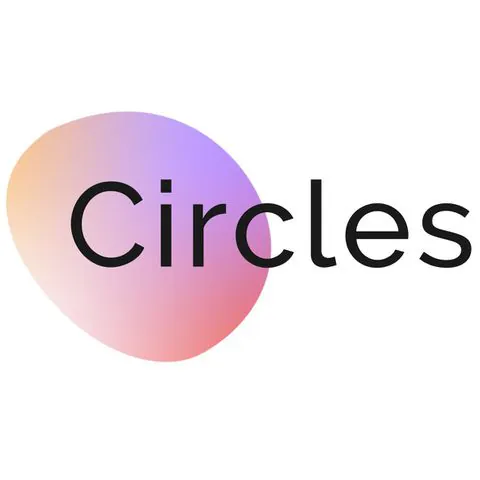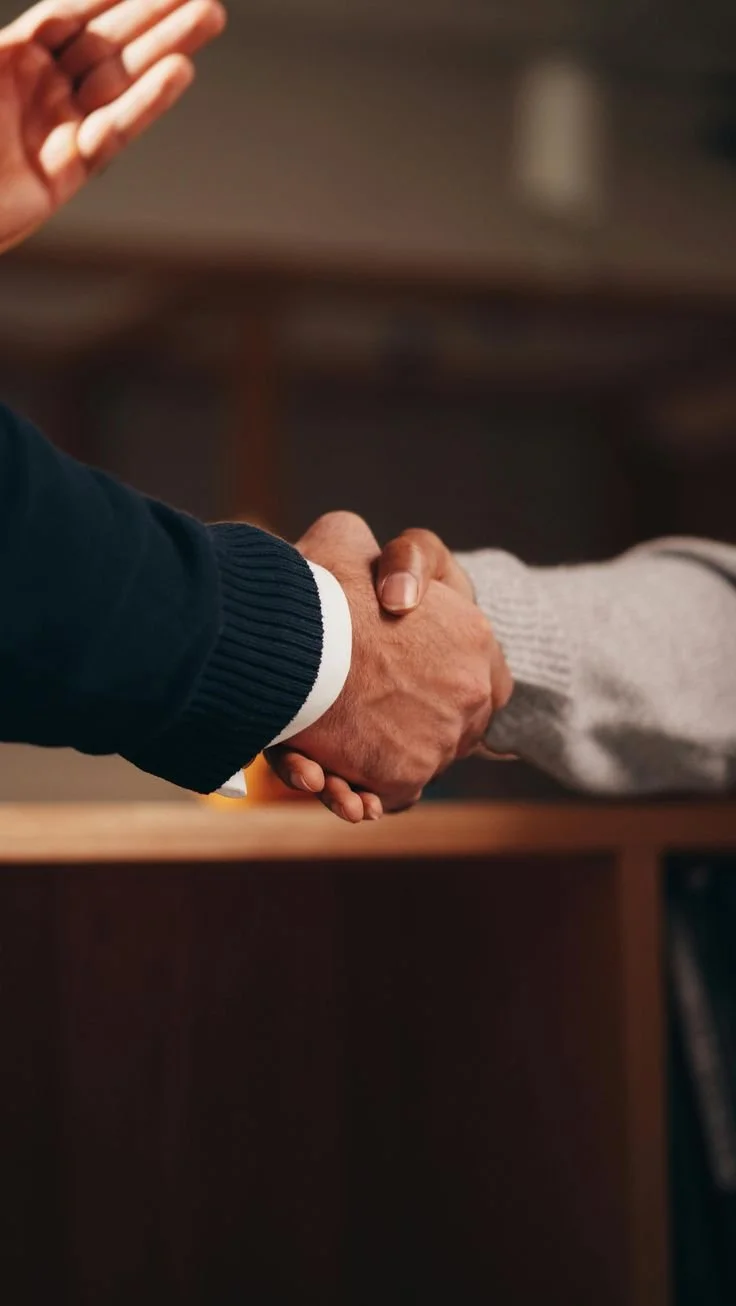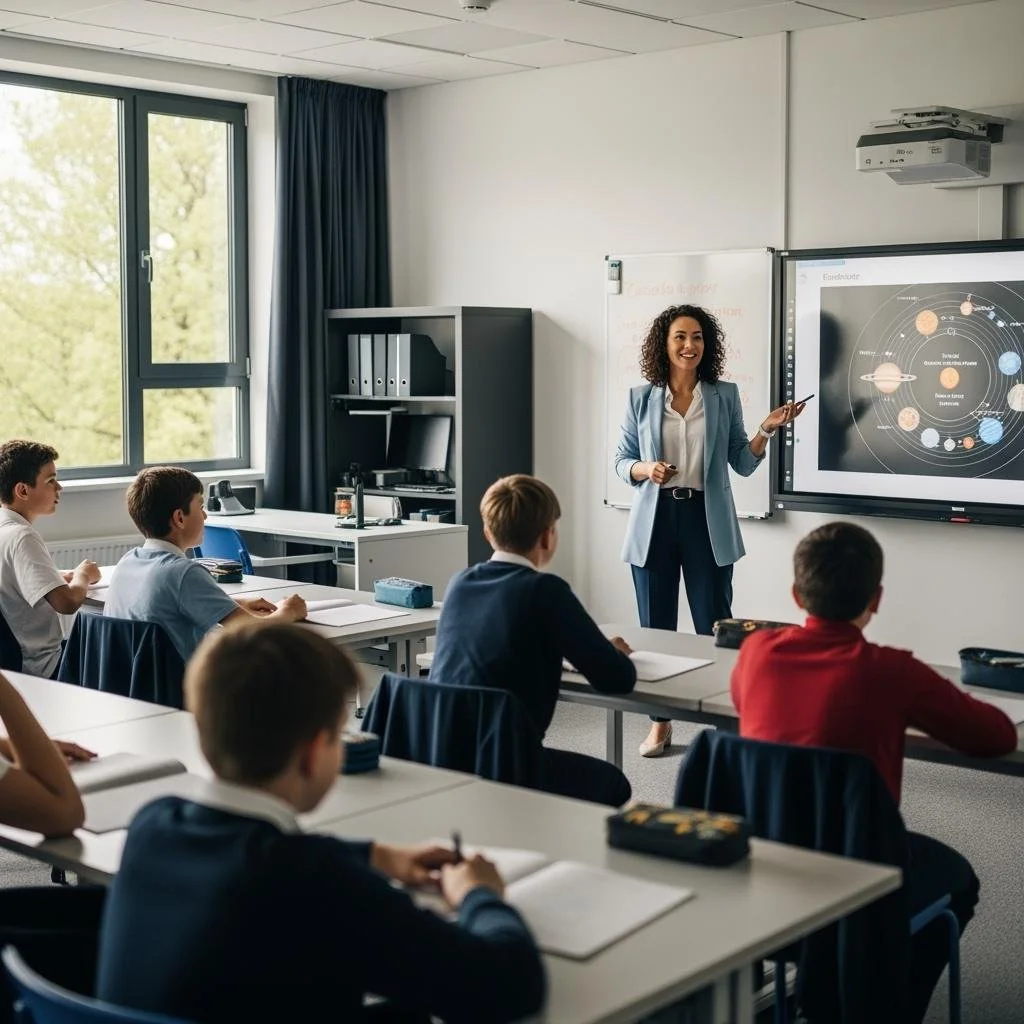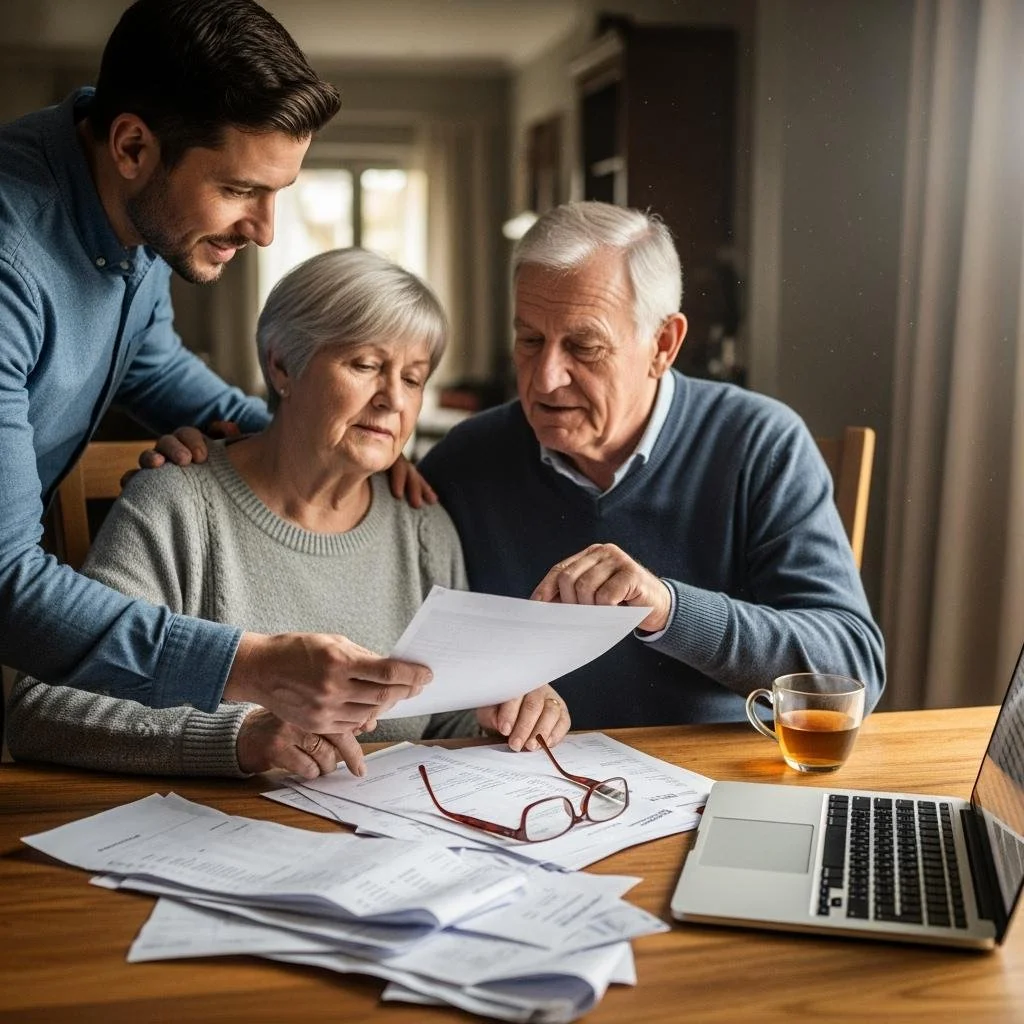Helpful Advocate Resources For Victims Of Violent Crimes
Surviving a violent crime is a life-altering experience. Whether it’s assault, domestic violence, robbery, or another traumatic event, the aftermath can be just as overwhelming as the incident itself. Victims are often left to navigate a maze of medical appointments, police reports, court proceedings, and financial burdens—all while trying to process the emotional and psychological impact of what they’ve endured.
Fortunately, no one has to walk this path alone. Across the country, a network of trained professionals and organizations exists to support survivors through every stage of recovery. These advocates provide more than just a listening ear—they offer practical assistance, emotional validation, and a roadmap toward healing and justice.
In this guide, we’ll explore the vital role of victim advocates, highlight national and local resources, and offer direction for those seeking legal, emotional, and financial support. Whether you’re a survivor or someone supporting one, these tools can be the first step toward reclaiming safety, dignity, and peace of mind.
No. 1
Understanding the Role of Victim Advocates
“Victim advocates are trained professionals who assist individuals affected by crime. Their role goes far beyond listening—they help victims understand their rights, navigate the justice system, and connect with critical services such as counseling, housing, and compensation programs,” explains VictimAdvocate.com, a firm providing Hillsborough victim assistance in Tampa.
These advocates work in a variety of settings, including:
Law enforcement agencies
Nonprofit organizations
Hospitals and trauma centers
Community outreach programs
Their mission is to ensure victims are not re-traumatized by the legal process and that their voices are heard. Advocates assist with:
Preparing for court appearances
Communicating with prosecutors
Understanding and filing for protective orders
Accessing trauma-informed counseling and emergency housing
By offering both emotional and logistical support, victim advocates become an essential lifeline during one of the most difficult times in a person’s life.
No. 2
National Resources and Helplines
For survivors seeking immediate, confidential support, several national organizations provide 24/7 assistance. These services are staffed by trained professionals who can offer crisis intervention, safety planning, and referrals to local resources.
1. National Center for Victims of Crime (NCVC)
Offers a comprehensive information clearinghouse and referral service
Assists with victim compensation, safety planning, and local advocacy connections
Provides state-by-state guides to victim rights
Website: victimsofcrime.org
2. VictimConnect Resource Center
A project of the NCVC
Offers phone, chat, and text-based support
Connects victims with legal aid, shelters, and trauma-informed counselors
Website: victimconnect.org
3. National Domestic Violence Hotline
24/7 confidential support for intimate partner violence survivors
Call: 1-800-799-7233
Offers safety planning, crisis intervention, and legal resources
Website: thehotline.org
4. RAINN (Rape, Abuse & Incest National Network)
Operates the National Sexual Assault Hotline: 1-800-656-4673
Offers online chat support
Connects survivors with medical and counseling services
Website: rainn.org
5. Office for Victims of Crime (OVC)
Part of the U.S. Department of Justice
Funds programs nationwide for crime victim support
Helps victims locate local services, apply for compensation, and understand legal rights
Website: ovc.ojp.gov
No. 3
State and Local Victim Compensation Programs
Every U.S. state operates a Crime Victims Compensation Program that reimburses eligible victims for expenses incurred due to violent crime. Covered costs may include:
Medical treatment
Mental health counseling
Funeral and burial expenses
Lost wages
Relocation and emergency housing
These programs are typically funded through criminal fines and fees, not taxpayer dollars. Victim advocates can assist with:
Filing claims
Gathering documentation
Meeting deadlines and eligibility requirements
Because each state has its own rules and timelines, it’s crucial to connect with a local advocate early in the process to avoid delays or denials.
Circles
A safe place to share
or listen anonymously.
Listen, relate and connect with others
in an audio-only setting that shows
only your first name.
No. 4
Legal Assistance and Representation
Navigating the justice system can be intimidating, especially for those unfamiliar with legal terminology or procedures. Legal advocates provide essential support by helping victims understand their rights and options during:
Police investigations
Protective order filings
Court hearings and sentencing
Restitution and compensation claims
Several nonprofit organizations specialize in legal services for crime victims:
Legal Services Corporation (LSC) – Offers free civil legal aid to low-income individuals
Website: lsc.govVictim Rights Law Center (VRLC) – Focuses on representing survivors of sexual violence
Website: victimrights.org
Additionally, many district attorney offices operate Victim/Witness Assistance Programs that provide:
Courtroom accompaniment
Case updates
Explanation of plea deals and sentencing outcomes
These services ensure victims are not left in the dark and have a voice throughout the legal process.
No. 5
Emotional and Psychological Support
Healing from violence is not just a legal or financial journey—it’s deeply emotional. Victims often experience:
Post-traumatic stress
Anxiety and depression
Sleep disturbances
Feelings of shame, guilt, or isolation
Access to trauma-informed counseling and peer support can be transformative. Many community health centers and hospitals offer:
Individual therapy
Group counseling
Crisis intervention services
National mental health organizations also provide directories of professionals who specialize in trauma recovery:
National Alliance on Mental Illness (NAMI) – nami.org
Mental Health America (MHA) – mhanational.org
Survivor-led groups, online forums, and faith-based organizations can also offer safe spaces for victims to share their stories, find solidarity, and rebuild trust.
No. 6
Resources for Special Populations
Certain populations may face unique challenges when recovering from violent crime. Specialized advocacy services ensure that no one is left behind.
Children:
National Child Traumatic Stress Network (NCTSN) offers resources for children and families affected by trauma.
Elderly Victims:
National Center on Elder Abuse (NCEA) provides reporting tools and state-specific resources.
Immigrants and Refugees:
Ayuda, Tahirih Justice Center, and National Immigrant Women’s Advocacy Project offer legal aid, safety planning, and culturally competent support.
Individuals with Disabilities:
Many advocacy centers offer accessible services and specialized counseling for survivors with physical, cognitive, or developmental disabilities.
These organizations recognize the importance of culturally sensitive, inclusive care and are equipped to meet the unique needs of diverse survivors.
Takeaways
No one should have to navigate the aftermath of violence alone. Whether you need legal representation, emotional support, or financial assistance, there are compassionate professionals and organizations ready to help.
The first and most powerful step is reaching out—whether to a hotline, a local advocate, or a trusted counselor. From that moment forward, you are no longer alone.
Victims of violent crimes deserve to be heard, believed, and supported. With the right resources and advocates by your side, healing is not only possible—it’s within reach. There is strength in seeking help, and there is hope in every step forward.
If you or someone you know is in immediate danger, call 911. For confidential support, reach out to one of the national helplines listed above.
Looking for resources?
At Hello Lovely Living, we aim to empower you to earn and save money and time while benefiting from our expansive network of home, life, wellness, travel, work-from-home, career, and business resources and opportunities. Discover a wealth of tools to support your journey.































